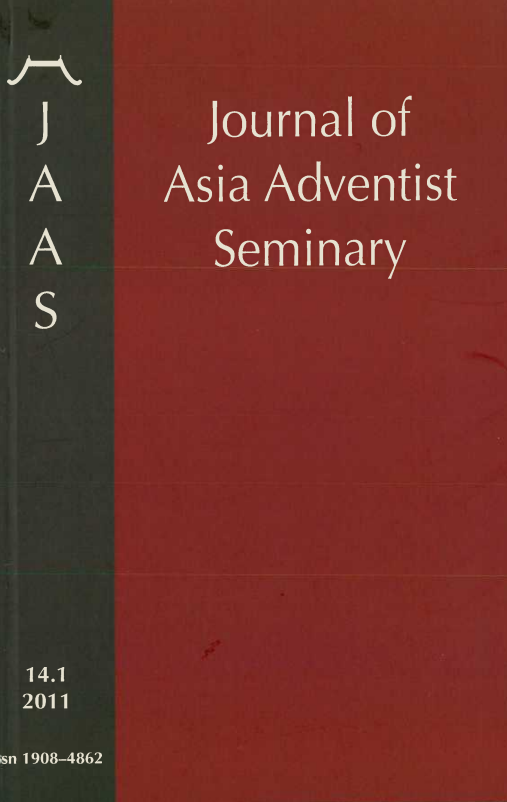Pauline Universalism: Anachronism or Reality?.
Abstract
Are we able to attribute a modem concept such as universalism (in the
sense of the opposite to particularism) to Paul in the formation of his
communities, or is such an idea hopelessly anachronistic? This paper
suggests that although Paul's universalism does not fully conform to
modem definitions, there is a universalistic dimension to his formation of
the ἐκκλησία that was radical within his own culture in both Jewish and
Hellenistic terms. Nevertheless, there were some first-century social and
philosophical currents that would have provided some implicit support for
his application of universalistic principles. However, the roots of Paul's
approach are to be found not so much in Hellenistic philosophical currents,
but rather in his understanding of divine convenantal condescension.
These considerations allow us some insights to understanding the status of
different genders, ethnicities, and socio-economic classes in the Pauline
communities.
Keywords: Paul, universalism, particularism, diversity, equality, egalitarianism,
gender, ethnicity, social class

